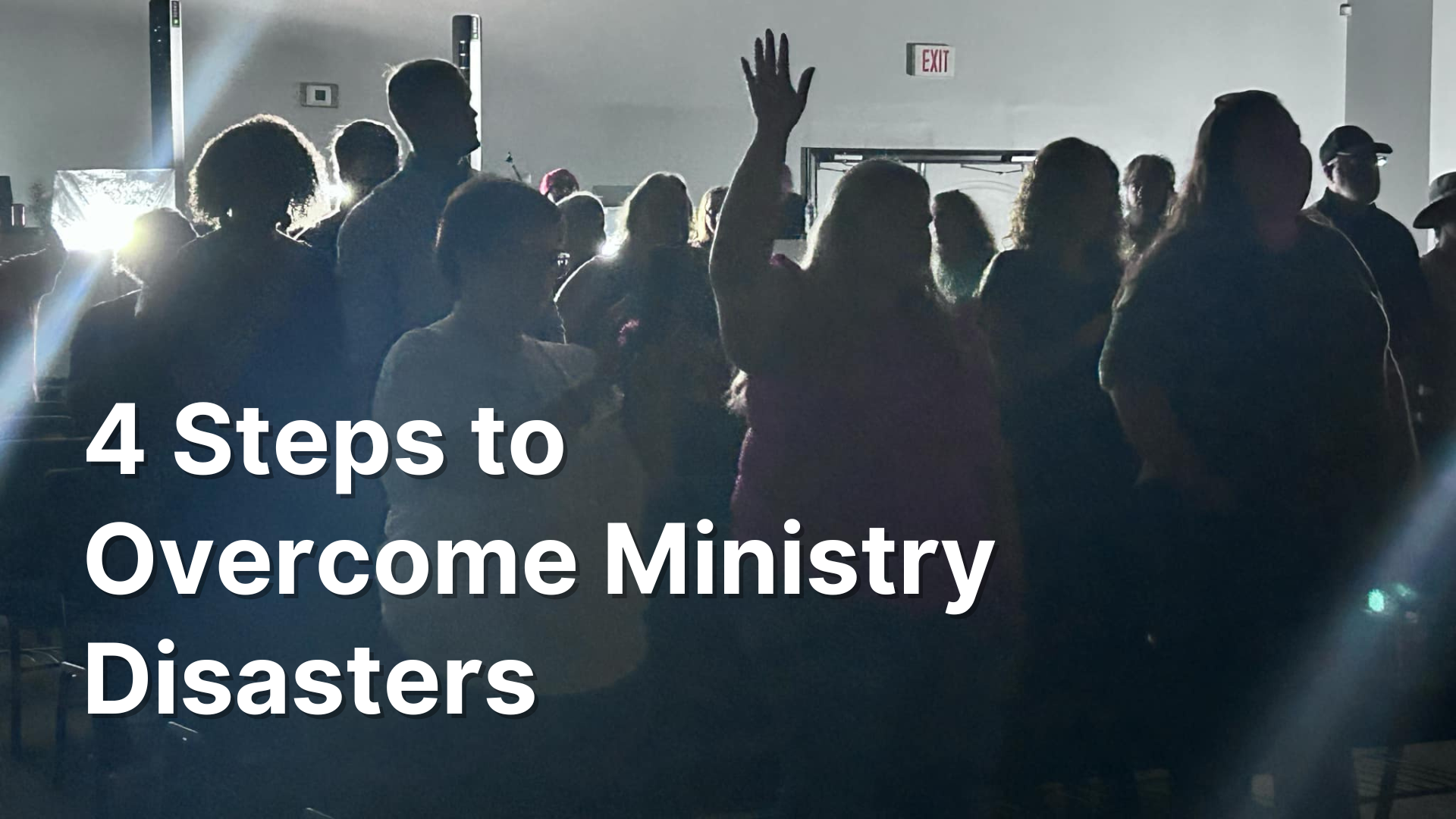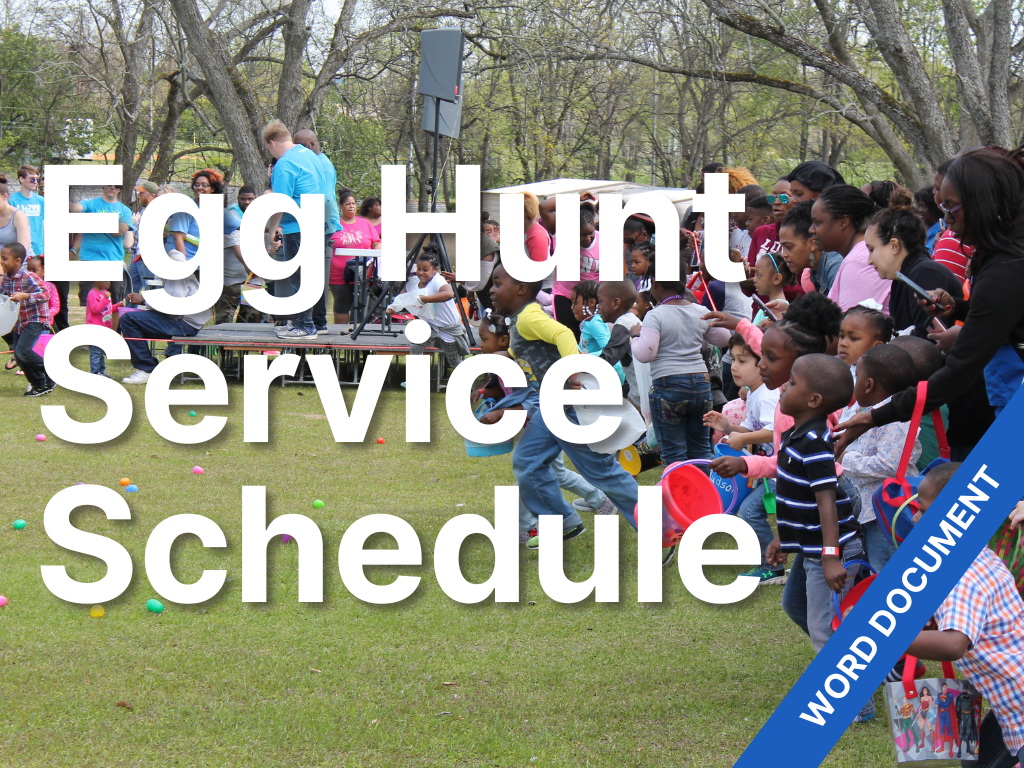3 Essential Elements of a Volunteer Training Meeting
Photo by Sincerely Media on Unsplash
A new school year is starting, and this is a great time to hold a volunteer training meeting. The training sounds like a great idea, but what are you supposed to talk about? What can you talk about? What’s the most important thing?
I’ve been there and trying to nail down just one topic can be tough. I’m not here to tell you exactly what topic to cover because I don’t know your people or your church. However, no matter what topic you choose there are three things you should hit every time.
At the end of this post, I’ll highlight some topics I covered in my own meetings.
1. Cast Vision
Your volunteers are your most bought-in people. They’re the raving fans and share their love with the rest of the church and the community. It’s important for them to know what they’re doing and where the organization is going. If you don’t provide clear direction, everyone will pick what they think is best and you’ll get nowhere.
So, at the beginning of your meeting, spend some time to remind your volunteers why they’re doing what they’re doing. Remind them of the whole church vision and your own, if you have one.
Then talk about what you see for the future. You can pick a word for the year or just an idea. You may be looking to start a new ministry or outreach and you’re building toward that. You may be looking to start new services (link to two services) or even a new campus. Your volunteers need to have buy-in, and this is your best chance to get it.
Start with vision. Everything else will follow.
2. Celebrate wins
It’s fun to look ahead and see all the things that can happen. However, we also need to look back and celebrate what has happened. I talked about this a little bit in this post about tracking your numbers. Essentially, look back at your goals, outreaches, and discipleship elements. Were you successful? How many kids came to VBS or Egg Hunt? How many salvations and baptisms did you have? Did you grow last year? By how much?
People want to be part of a winning organization. But they won’t know unless you tell them. The volunteer training meeting is a great time to review. Even though I’m a numbers guy and love to share them, people love stories more. If you have a great story of a volunteer helping to accomplish a goal, this is the time to celebrate them. If you have a great salvation or baptism story, this is the place to share it.
One thing I learned from sharing wins week after week is that you’ll find what you’re looking for. Right now, you might be thinking that you don’t have anything. But, once you start intentionally looking, you’ll be able to find evidence everywhere.
3. The most important thing this year
The Sunday School answer is Jesus. He’s always the answer.
But beyond Jesus, what is the most important thing you need your volunteers to know? Do you need to go over policies and procedures? Define their roles? Put a discipline plan in place?
You can’t cover everything, so you need to focus on one thing. There is no right or wrong answer here. If you need help deciding, don’t go alone. Consult your lead team, your senior pastor, or other leaders that know and care about your ministry. They can help you narrow down your choices and give you direction.
As much as I’ve wanted my meetings to be an info dump, your volunteers won’t remember everything. So focus on one and you can cover other things next time. You can also you pre-service meetings or lead team meetings to help cover other topics.
Successful Training Topics
I’ve lead volunteer training meetings for years. My kidmin ones were so successful that it expanded to every volunteer the next year. I’ve used the three points I outlined before, and volunteers came back year after year. With that said, here are three of my most successful topics.
1. Policies and Procedures
Every good ministry needs to know what’s expected of them and what to do when things go wrong. That’s why I spent an entire meeting introducing my policy and procedure manual. It took about an hour and covered a host of topics. After I rolled this out to my volunteers, I took the same training and used it again for my volunteer onboarding.
2. Job Descriptions
When I moved started to train the entire serve team, I knew we needed to clearly define everyone’s role. We needed to show each volunteer how they can be successful. So, I worked with the volunteer leaders and created job descriptions for everyone. In the opening session, I laid out the wins and vision for the morning. Then we broke into our ministry groups and went over the descriptions. Our pastor did a closing session laying out the vision for the year. It was my most successful meeting.
3. Spiritual Gifts
Everyone wants to know where they fit into God’s plan. Discovering our spiritual gifts helps us find our place. I used the spiritual gift assessment we use in Growth Track and built an afternoon in training. We learned how we are all part of the body of Christ and important no matter where we serve.
I used Potato Heads to take my point home. I took a bunch of themed Potato Heads and divided all the pieces into bags. Each table had to work together to put the Potato Head back together. Chaos ensued when they realized that other tables had the pieces they needed. We learned that we all have to work together to accomplish a goal. It was a great for team building and my team was unified for a long time after that.
I strongly recommend you hold an annual volunteer training meeting. If for nothing else than taking a break and celebrating what’s going on. We can become so busy doing the work of the ministry that we forget to work on the ministry. Having a volunteer training meeting works on your ministry. It galvanizes your team behind a common mission and energizes the congregation.
What have you covered in your volunteer training meetings?









